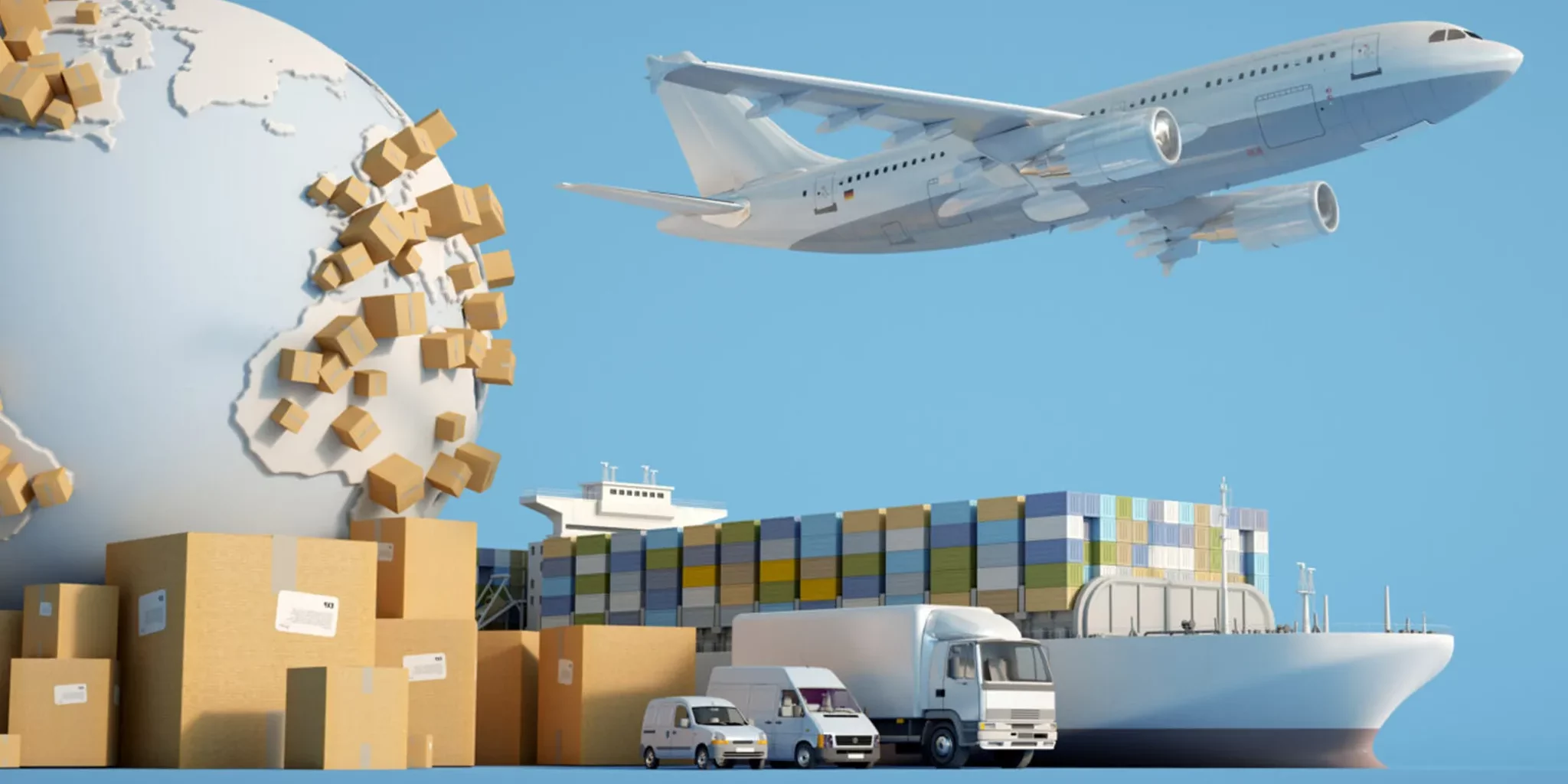
The Evolution of Logistics: Changing and Transforming Processes Throughout History
In today's modern world, the seamless flow of products, swiftly reaching consumers without interruption, has become a standard. However, this smooth supply chain and logistical flow have undergone a long evolution throughout history.
First Steps: Traditional Approaches to Logistics
Throughout history, as trade grew and the mobility of products increased, traditional approaches to logistics began to take shape. In ancient times, caravans and sea routes facilitated the transportation of goods to distant regions. However, these processes were slow and unreliable. The movement of goods was subject to uncertainty due to factors such as weather conditions, road conditions, and more.
Industrial Revolution: Accelerating Logistics
The Industrial Revolution accelerated the transformation in the field of logistics. The advent of railways, steamships, and other new transportation technologies allowed for faster and greater quantities of product transportation. Products could now be transported to distant markets more quickly, and logistics processes began to become more predictable.
Impact of Technology: Digital Transformation and Automation
Technological advancements have revolutionized the logistics field. Technologies such as computers, automation systems, GPS, and data analytics have made logistics processes faster, more efficient, and more traceable. Supply chain management is now conducted more efficiently, inventory levels are better controlled, and demand forecasting is more accurate.
E-Commerce and Fast Delivery Trends
In recent years, the rise of e-commerce and the trend of fast delivery have reshaped the logistics sector. Consumers now expect to receive products more rapidly, necessitating further optimization of logistics processes. Innovations such as courier services, drone deliveries, and smart warehouse management are enhancing logistics operations.
Toward the Future: Smart Logistics and Sustainability
In the future, smart logistics systems and sustainability are expected to play crucial roles. Technologies like the Internet of Things (IoT) and artificial intelligence will make logistics operations more predictive and efficient. Additionally, sustainable logistics solutions will gain more prominence as the focus on minimizing environmental impact grows.
Conclusion: Transformation and Significance of Logistics
Throughout history, logistics has constantly evolved and adapted. From traditional methods to technological advancements and sustainability efforts, this evolution has enabled products and services to reach consumers faster, reliably, and more effectively. Today, logistics companies are becoming more competitive and effective through supply chain management, data analytics, and digital technologies. The evolution of logistics continues unabated as it remains a dynamic force in our rapidly changing world.

